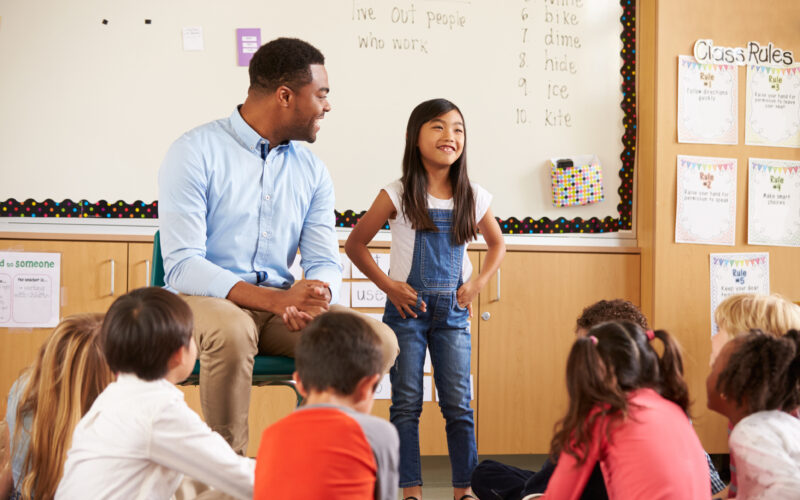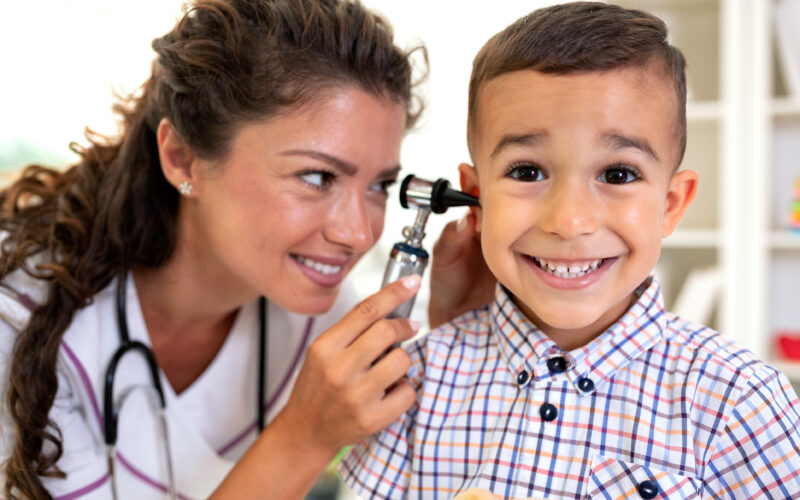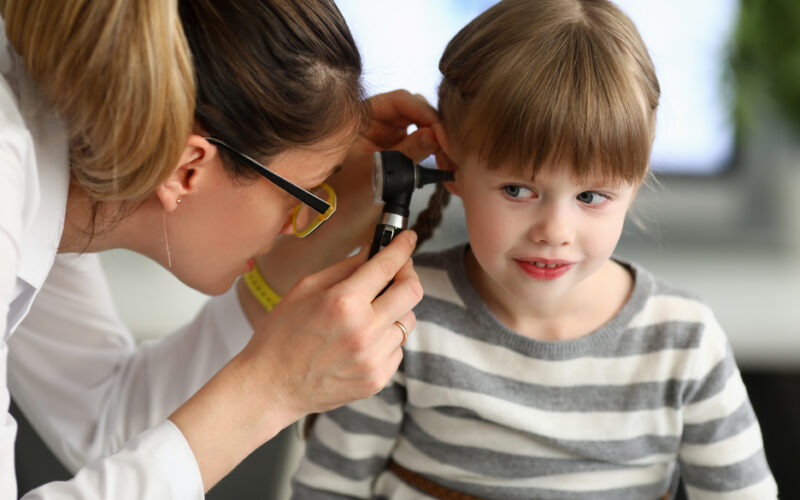A number of resources and community programs are available to help your child’s speech and language development, monitor your child’s development and support your parenting journey.
Language Development & Milestones
Developmental Speech and Language Milestones from birth to 30 months (Ministry of Children, Community and Social Services) – A list of speech and language development milestones for children under 30 months of age. Includes tips for encouraging language development.
Red Flags for Language Delay in infants and toddlers (The Hanen Centre) – A list of warning signs that may indicate a speech and language assessment is needed. Red flags are sorted based on the child’s age level.
Let’s Talk! Tips for Building Your Child’s Speech and Language Skills (Eastern Ontario Health Unit) – Information about language development (birth to five years) and videos with tips for building your child’s speech and language skills.
When Children Speak More Than One Language (Best Start Resource Center) – A resource booklet explaining how kids learn more than one language, what to expect and what parents can do.
Parenting Support
Pregnancy to Parenting Blog (Toronto Public Health) – Credible information from registered health professionals with tips for new or expecting parents. Blog topics include infant and parent health, nutrition and communication development.
Welcome to Parenting (Toronto Public Health) – Free online program for parents with babies 0-6 months. Find expert advice on child development, infant safety, healthy eating and more! Connect with other families in Toronto in the Parent Zone.
Children See, Children Learn (Best Start Resource Center) – Videos and tips for successful parenting. Topics include effective strategies for teaching your child, using positive discipline and more.
Daddy and Me on the Move (Best Start Resource Center) – A resource booklet with information and suggested activities to build strong relationships and support your child’s development.
Community Programs & Activities
EarlyON Child and Family Centres – Fun, free programs for children up to the age of six. Each centre hosts a variety of play, social and literacy-based activities. Find a drop-in centre location near you.
Toronto Children’s Programs and Activities – Information on child care services, recreation programs, camps, after school care and services for children with extra support needs.
Toronto Public Libraries – Free, early literacy and child development programs for families and caregivers with young children up to six years old.
ConnectABILITY – An online community dedicated to supporting children and adults with special needs. Includes resources and information for parents and caregivers, including a tool to create visual supports at home.
COVID-19 Resources
A number of resources are available to support you and your family throughout the COVID-19 pandemic. Visit the COVID-19 page for general information on COVID-19, public health advice, mental health resources and financial/social supports. Advice is also available for individuals with specific needs.
Toronto Public Health’s Pregnancy to Parenting Blog provides additional information on:
Some EarlyON Child and Family Centres across the City are offering online and telephone services to support and engage young children and their families. Services range from virtual story time, craft, cooking and fitness activities to telephone services for families in crisis. Contact your local EarlyON Centre for more information on available services.
Suggestions for at-home activities with kids are available from our partner agencies:
- Daily activities from Mothercraft. Parents can sign up to receive activities by email or view online.
- Budget-Friendly Stay at Home Activities from Holland Bloorview Kids Rehabilitation Hospital.
Organizations
- A Healthy Start to School (Toronto Public Health)
- Toronto District School Board Speech and Language Services
- Toronto Catholic District School Board Speech and Language Services
- College of Audiologists and Speech-Language Pathologists of Ontario
- Speech and Audiology Canada


